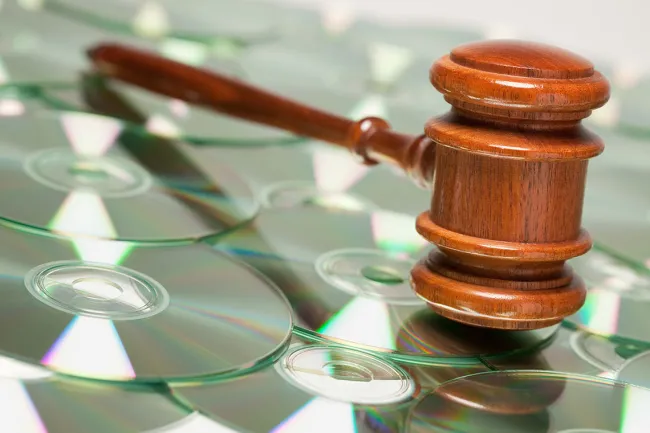Last week, a federal magistrate judge in California dismissed a pro se lawsuit against Taylor Swift, using the pop star’s own lyrics in the decision. The case is a prime example of why representing yourself in court is usually not a great idea. Songwriter Jessie Braham had sought $42 million in damages, claiming that Swift’s song “Shake it Off” infringed on the copyright for his song “Haters Gone Hate.”
Courts consider a number of factors when determining whether a work infringes on the copyright of another song, including whether the “whole meritorious part of the song” is incorporated into another song. While there is plenty of gray area in intellectual property law, courts look to see if a song incorporates the “signature sound” of another artist’s work. In this case, it wasn’t the grey area in the copyright code that the judge relied on to dismiss the claim but the lack of cohesiveness and completeness in Braham’s court documents.
Braham’s complaint alleged that Swift used a 22-word phrase, copied from his song more than 70 times and that 92% of “Shake It Off” was derived form his song “Haters Gone Hate.” U.S. Magistrate Judge Gail Standish of Los Angeles, however, was not impressed by these allegations, noting that Braham failed to even identify the alleged infringing phrase in his complaint.
This oversight, along with additional evidence, may have fatally wounded this plaintiff before the case even got off the ground. There were numerous defects in Braham’s complaint, including a lack of factual evidence. Standish indicated that Braham could re-file if all of the defects were corrected. She even cited Swift’s song, “We Are Never Ever Getting Back Together” in her decision and said, “At present, the court is not saying that Braham can never, ever, ever get his case back in court. But, for now, we have got problems, and the court is not sure Braham can solve them.”
On November 10th, 2015, Standish ruled Swift’s song did not infringe on Braham’s as the complaint is currently pleaded and evidenced. Standish also utilized Swift’s lyrics to comment on the coherence of Braham’s complaint against Swift. Braham filed the case pro se, meaning Braham was not represented by counsel and instead represented himself. Standish commented, “As currently drafted, the complaint has a blank space – one that requires Braham to do more than write his name. And, upon consideration of the court’s explanation … Braham may discover that mere pleading Band-Aids will not fix the bullet holes in his case. At least for the moment, defendants have shaken off this lawsuit.” another nod to a Swift song – “Blank Space.”
While it is everyone’s right to represent themselves in court, almost all legal experts will advise against it. Hiring a qualified and experienced attorney could have easily avoided many of the defects in Braham’s case. Now, Jessie Braham may be sorry to the tune of $42 million that he didn’t hire an attorney.
If you believe you were the victim of intellectual property infringement you have rights. Morgan & Morgan’s Business Litigation Group understand the nuances of copyright, trademark and patent law and how to successfully pursues a case from start to finish. Complete our free, no obligation case review today to find out how you can best protect your intellectual property rights.
